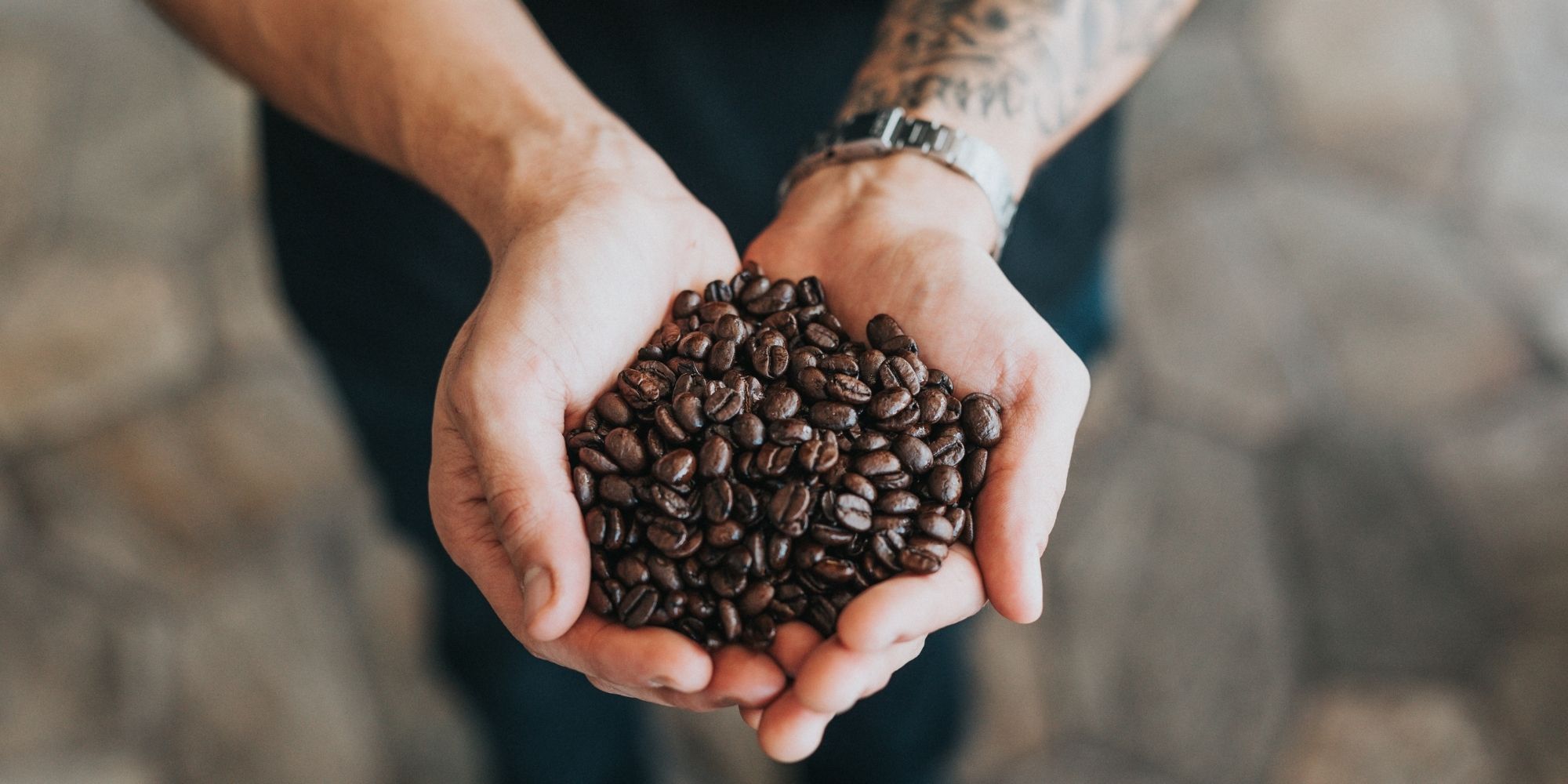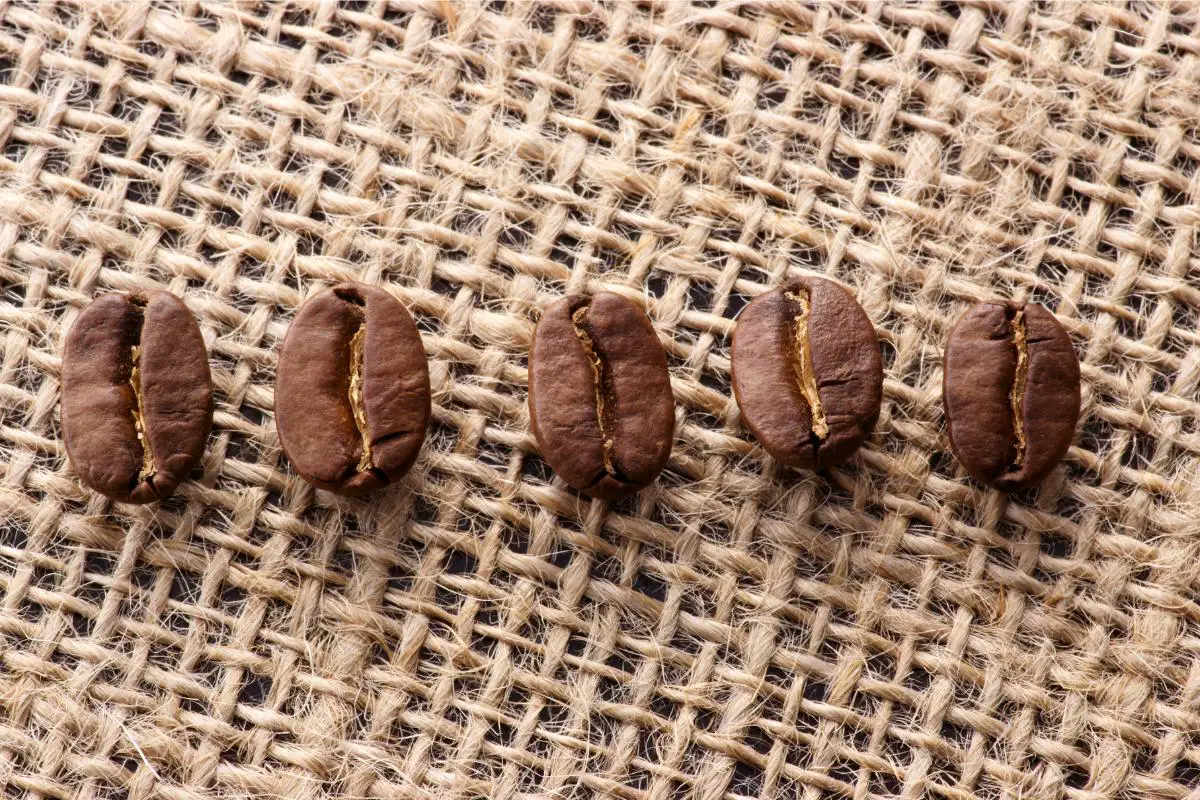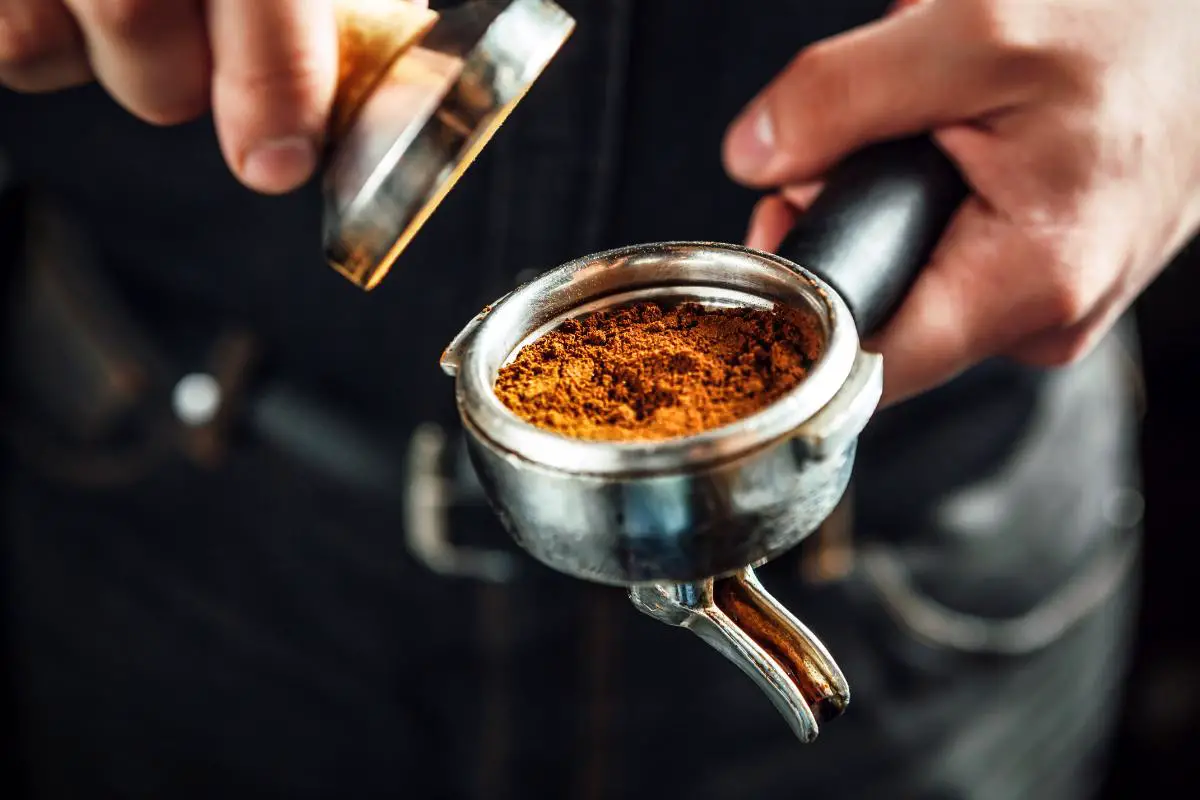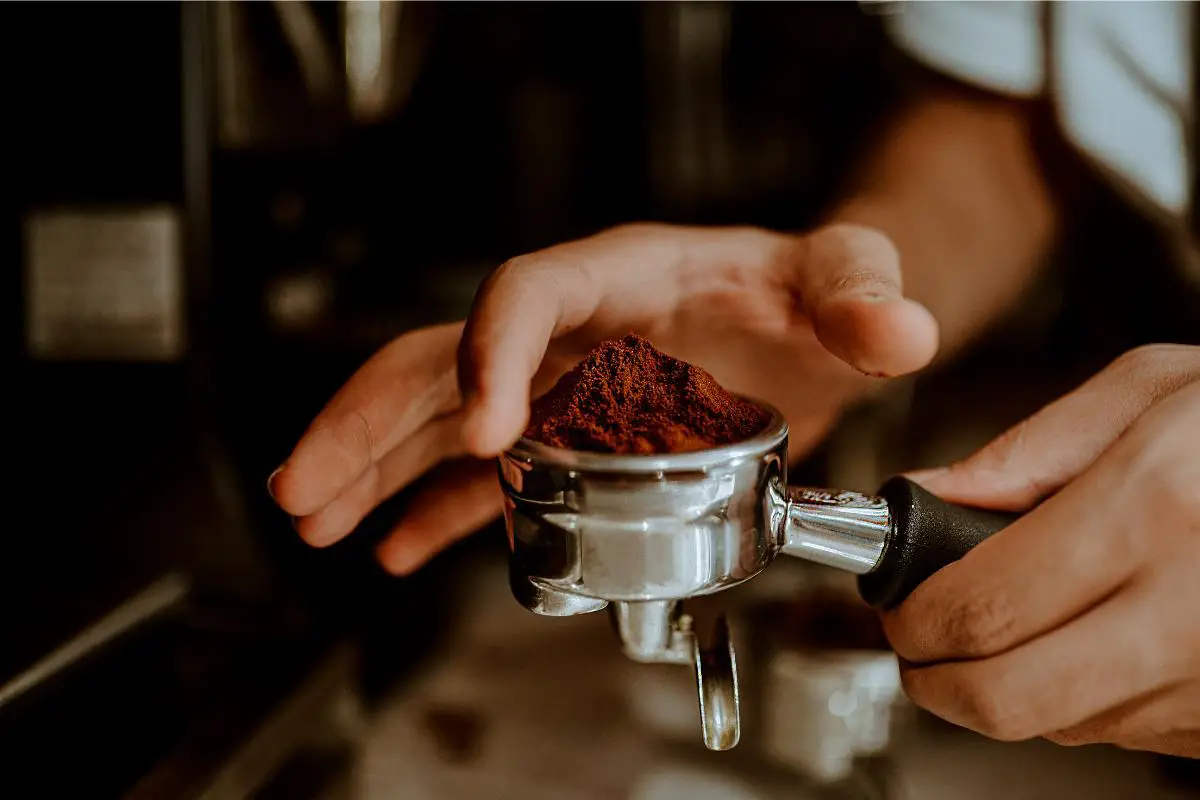With the recent rise in popularity of Specialty Coffee, there has been a lot of talk about ethical coffee, which has particularly grown over the last five decades since Specialty Coffee was first mentioned in 1974.
After all, coffee is all about integrity of its taste, flavour, texture, and body. The integrity must be maintained in how it comes from the farm to your morning cup.
Is Specialty Coffee Ethical? Yes, Specialty coffee can be more ethical than other types of coffee as it invests and pays at every level of the production chain.
The more we care about our coffee to be an integrated whole with all its characteristics in place, the harder somebody has to work on ensuring every minor detail has been taken care of during its cultivation, and the entire supply chain.
In this article we are going to discuss both specialty coffee and ethical coffee and ultimately find out is Specialty Coffee Ethical.
Is it that the more we care about specialty coffee, the less we seem to be concerned about ethical coffee?
With such large numbers of coffee lovers around the world, offering an easy answer to this question is full of debates.
So, let’s get down to facts and realities and find out – Is Specialty Coffee Ethical?
Table of Contents
What Are Ethics and How It Relates To The Coffee Industry?

No doubt, there is an animated debate always going on in the coffee industry that seeks to know whether the industry practices are ethical.
Ethics is a moral standpoint that governs our behaviour, for the coffee industry, it may govern the behaviour of various stakeholders.
What is unethical may be legally alright.
When we think of ethical coffee, there are certain questions that pop up in our mind:
- Are farmers, workers well-paid, safe & happy?
- Do farmers & workers have access to good housing?
- Do they have access to education for their children?
- Are children working alongside their parents in the farm?
- Do children have access to food & clean water?
- Is there some environmental cost involved?
- Do farms and factories have safe working practices?
These are all valid concerns and there are reasons for these concerns to dominate our ethical coffee vs specialty coffee narrative.
There are farmers in poor countries who are working hard to grow coffee beans which are sold at a premium in countries that have the world’s highest GDP and per capita income.
Compared to who consumes these coffees, the farmers who grow the coffee beans can be in far away mountain sides, which generally are in poorer countries with harder living conditions.
This brings up the question whether the entire coffee value chain can ensure the farmers and all others who are involved in the production of specialty coffee are paid equitably.
But this is an eternal debate. In every industry, the situation is largely the same.
The processed goods are many times more expensive than the raw material used in them.
Those who are at the far end of the value chain generally do not get the kind of compensation they deserve.
The only solace is that some people and organisations are working hard and raising their voices for those who can’t.
So this brings us to the question, what is specialty coffee?
What Is Specialty Coffee?

Specialty Coffee is becoming a staple in many large countries such as America, and the United Kingdom.
To know what exactly it means the Specialty Coffee Association of America (SCAA) has laid down a complete set of criteria, rules, and formulas for defining specialty coffee.
It has also introduced a 100 point scale to measure the specialty quotient of your coffee.
If your coffee is able to score 80 points, well it has made the cut and now you are drinking what’s truly a specialty coffee.
Specialty coffee is different in the sense that it’s superior to the regular coffee.
The beans for specialty coffee come from farms at higher elevations, and also the harvest and supply chain are strictly monitored to ensure there was no compromise with quality and there was no incident of adulteration at any stage during its production, transportation, and processing.
Rather, care is taken to improve the quality of the beans during its cultivation, harvesting, and processing.
In light of this kind of acute quality consciousness, farmers in coffee growing countries are trying hard to ramp up their farm practices so that the cup scoring of their coffee beans improves.

Ethiopia, Kenya, and Columbia are on the specialty coffee map big time. But countries like Japan and India are also picking up fast.
For example, Chikamagalur in Karnataka grows some of the finest arabicas in India.
The term specialty coffee was first used in 1974 in an article in Tea & Coffee Trade Journal.
By this new term, the writer referred to the highest quality of coffee beans that were being grown in specific microclimates.
Over the years since that first reference, the specialty coffee came to denote beans grown at perfect elevation, environment, and soil.
Care needs to be taken in harvesting, and picking only the perfectly ripe cherries. Clearly, specialty coffee requires greater care in cultivation and harvesting, therefore, it attracts premium prices.
Big coffee roaster companies and traders buy the specialty coffee beans directly from the famers.
For coffee beans to be certified as specialty coffee, certified coffee tasters who are called Q graders need to do the grading.
The grading is done on a scale of 100 points. There are four grades: Outstanding (90-100 points), 85- 89.99 (Excellent), 80- 84.99 (Very Good), and Below 80 (No Grading).
Growing and Processing Specialty Coffee

Specialty coffee comes from specially planted coffee trees where good quality and unprocessed coffee seeds are used.
The seeds should be sown at the right time, and at the right place, usually under the shade of native trees.
Arabica and Robusta are two popular coffee species, first known for soft and the second for bitter taste.
Typically, all specialty coffee comes from the best 10% Arabica seeds. It takes about 3-4 years for the coffee plant to bear fruits – berries.
These are mostly hand-picked, either through trip’ or elective’ methods.
Strip picking is quick but in this process both mature and not-so-mature berries are taken in one go, while in selective picking, only mature berries are picked and therefore this process is slow and time-consuming.
Naturally, specialty coffee is the one that’s selectively picked.
Immediately after picking the berries, they need to be processed to prevent them from getting spoilt.
There are 3 methods to do this: wet, dry, and semi-dry.
In the dry method, coffee beans are dried under the sun. In the wet method, the pulp is removed and the beans are fermented. This is followed by washing of the beans with lots of water.
This is a very delicate stage in coffee processing when a small mistake can leave the coffee with a bitter taste.
Once the coffee is adequately dried, they would be sorted as per weight and size. Beans that are damaged or have the wrong colour are removed.
Removing inferior quality coffee beans is necessary to maintain the integrity of a good coffee.
It is said even one overripe coffee bean can spoil the taste of the coffee in your cup.
Once the sorting is complete, the coffee beans are stored in sisal or jute bags until their shipment for roasting.
Roasting Specialty Coffee

Before roasting can begin, coffee needs to be tested and for this purpose there are professional coffee tasters.
They are also known as The Cupper. They check the colour, which tells a lot about its character and taste profile.
This is followed by another round of actual tasting. For this purpose a small amount of coffee beans are roasted, ground, and brewed.
The Cupper tastes it and if he or she gives the approval, the coffee is sent for roasting.
Coffee beans are roasted at about 220-260 degrees Celsius. The coffee is kept moving as long as the roasting process is on.
When the inside temperature of the coffee beans gets 230 degrees Celsius, the oil in it starts coming to the surface.
This is a turning point in the life of the coffee beans as it turns from green to brown.
The colour in which it comes to you, and it starts giving out the aroma of the coffee.
Once the process of roasting is complete, the beans are cooled.
After roasting, coffee starts to fade its aroma gradually and quickly. So, it must be consumed within 2 to 30 days since its roasting date for the best taste and aroma.
Specialty coffee can maintain its great taste and aroma even beyond 30 days since its roasting date, but the same may not be true about regular coffees.
Is Specialty Coffee Ethical?

Now we know exactly what Specialty Coffee is, at this stage comes a serious question about the ethical standards of specialty coffee.
Specialty coffee can, and generally is considered to be much more ethical than other types of coffee such as your commercial blend.
This is because Specialty Coffee does invest and pays at every level of the production chain.
Therefore, this ensures everyone has a fair share of money that the business of Specialty Coffee involves.
But it is important to note, for no mistake of the farmers, a huge quantity of coffee beans is termed inferior at the processing stage, due to the very high standards that come with Specialty Coffee.
These coffee beans are then used to produce coffee blends which are supposed to be cheap and inferior. The farmers are paid accordingly lower prices for their produce.
Therefore, although Specialty coffee is overall considered as ethical coffee, in some cases, while the farmers had grown what was supposed to be specialty coffee, the rejected coffee beans do not fetch good prices for the farmers, raising a serious question for many whether specialty coffee is consistently ethical coffee.
How To Buy Ethical Coffee Beans?
If you are now in the process of buying your own ethical coffee, then we have listed 3 of the best ethically sourced coffee beans which you can buy now to save time and money.
From small-scale growers to established roasters, these companies offer fantastic coffee at fair trade and ethical coffee prices.
1. Split Oak Coffee Roasters
The Split Oak Coffee Roaster organic Sumatra is earthy, sweet, and bold.
The beans comes with a low acidity and medium body.
Therefore, this perfect for cold brew, espresso shots, and great in a french press.
Tasting notes you will find cocoa, cedar and syrupy mouth feels.
These coffee beans are grown in Takengon, Aceh, Sumatra at an altitude of 1,220-1,524 meters.
Their beans are sun-dried on raised beds.
A natural, simple, intuitive and affordable process to choose the best beans, it requires no water, no artificial energy sources and generates almost no waste.
Certified Organic and Fair Trade and grown by a women-run cooperative.
The cooperative members voted to become Organic and Fair Trade certified in 2012.
2. Union Hand Roasted Coffee
Union Coffee hand-roast their coffee in small batches to develop delicious flavour and aroma for each individual coffee.
Their original house blend is 100% Specialty Arabica Union Direct Trade coffee.
The final brew has a bold intensity, infused with a deep natural sweetness.
3. Mayorga Organics Café Cubano
Café Cubano is their signature blend. Made with premium, specialty grade coffee.
They use their signature Latin style slow-roasting process to provide a distinctly bold cup, with a sweet flavour, and smooth finish.
Coming with a dark roast profile with hints of vanilla and a sweet, syrupy smokiness, with a smooth, bold finish.
These beans have been consciously sourced from quality-inspected, certified organic small farmers in Latin America.
USDA Organic, Non GMO Verified, Shade-Grown, Arabica, Direct-Trade.
Frequently Asked Questions

A: Organic certification alone doesn’t guarantee the rights of workers or set a minimum price.
A: Ethical Sourcing is the process of ensuring that the products made are obtained through responsible and sustainable methods.
A: Critics argue that Fairtrade, but not all other Fair Trade businesses, harm all non-Fairtrade farmers.
Fairtrade claims that its farmers are paid higher prices and are given special advice on better techniques, both of which will lead to increased output being sold on the global market.
A: Specialty coffee roasters are all about paying a generous price for high quality coffee, grown in the best conditions, by people who are treated fairly.
Farmers growing high quality coffee will almost always be operating ethically.
Conclusion: Is specialty coffee ethical

Ultimately Specialty coffee is considered ethical coffee.
If you are wanting to drink ethical coffee, then you can buy and consume many Specialty Coffee brands in confidence.
However, Specialty coffee can be considered not ethical.
At least in the way it removes a large chunk of coffee beans during the stage of processing, due to strict quality measures.
This means farmers don’t get the right price for the rejected coffee beans.
But yes, Specialty coffee can be more ethical than other types of coffee as it invests and pays at every level of the production chain.
This ensures everyone has a fair share of money that the business of specialty coffee involves.
If you enjoyed this article, read more like this by checking out our Specialty Coffee Beginners Guides








